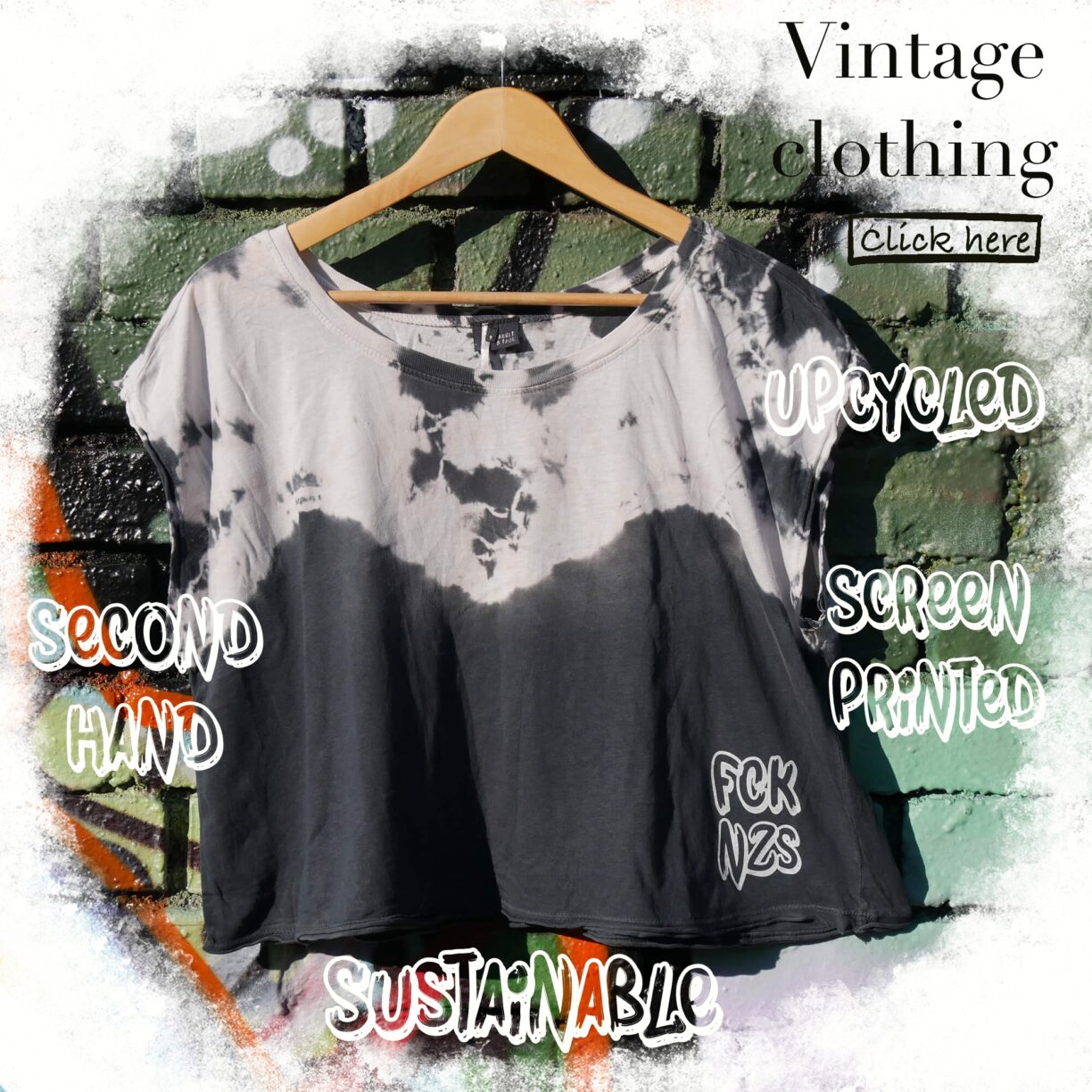Did you know that you need 2700 liters of water to produce a new T-shirt? We were shocked. While planet earth is getting hotter and hotter and drinking water is getting scarcer, we waste millions of liters of water to make clothes that, in the worst case, only lie in our closet. Something is going totally wrong there.
Let me first tell you something. I by myself am a climate refugee and a father, maybe that’s why I have a special relation to this topic and the future of the earth. It all started in 2014, when my girlfriend Zoé and I bought a beautiful piece of land in the north of Portugal. It was hidden in a blooming valley, had a spring and a small forest of oaks and chestnuts. The locals call it “the valley where all water is born”.
In our first months, springs bubbled up everywhere and we felt like in paradise. We built a house with our own hands, bought another piece of land right by the river that flowed further down the valley. There was a waterfall and small pools in which we could swim. It couldn’t have been nicer, but then the fire came.
The north of Portugal burned for three years and in the end all that remained was scorched earth, ashes and a deep sadness. The eco-paradise Portugal, the great hope of the European permaculture movement, had actually gone up in smoke. An area was burned, so big it’s hard to really imagine. Much bigger than Hamburg or Berlin. Zoé and I drove south after the fires. For three days we only crossed black land. Deserted villages, smoking rocks and the perplexity on the people’s faces remained after this catastrophe. Many of the last oak forests had disappeared, many of the blossoming nature projects were gone.
But of course the fire was only a consequence, not a cause. We knew that climate change was real. Greta didn’t come up with it to pay her rent, nor is it another creepy ghost that escaped from Attila’s head. It is a fact, measurable, noticeable and the result of a really long time of mismanagement, indifference and greed.
And it didn’t come suddenly either. Even before the fire, drastic effects became apparent in our valley. In the first summer, our spring stopped running. We had water again in September, but it was to be a dry, warm autumn. The expected rains did not come, in December we celebrated a village festival in T-shirts and the old people looked anxiously at the dry fields and the brown leaves of the trees. The trend had continued. And it wasn’t just our fountain. No, the river also carried less and less water, finally disappeared completely for several months between the white stones in its bed and never really came back.
Deprived of our land, without a home, we drove through a burned country in 2016 and asked ourselves: Where is all the water? We drove to the Mediterranean and what we found looking for the water was even more shocking than anything we had experienced in the three years before.
The huge dams that supply the whole country with water were almost all gone. At some of them we walked around between the rocks and saw a few puddles here and there that weren’t even touching. And even at the dams that still had water, the locals told us unsettling stories. I will never forget my meeting with José. He was an old doctor from Vito. I met him at a dam where we stood with our camper for a few days. “Do you see the cliffs,” he said and pointed to the rock walls in front of us, which were around 50 meters high. “Up there was once the water.” Then he led me to the edge of the hill on which we were standing. He looked back and smiled. “Last year, I swam with my grandchildren where your camper is now. And there, ”he pointed to a few ruins further down the valley,“ we went diving. ”
I realized how quickly the water was gone. How much there was once and how little was left. And then I shuddered. In fact, it was our last trip in Iberia. That fall, Zoé and I left the peninsula that had been our home for many years. Not because we wanted to, but because it became clear to us that there will be no future there if we don’t change anything. We had become climate refugees and I believe that many thousands of people will follow us over the next few years.
Perhaps that is why we are particularly interested in the topic of climate change. Maybe that’s why we don’t understand why German politicians don’t actually talk about it and, above all, do nothing about it. Climate change has been around for a long time, is perhaps even more dangerous than Corona and, above all, avoidable.
We can stop eating meat at any moment, save a few lives and save a few thousand liters of water a day at the same time. This applies not only to meat, but to all animal products, including cheese, milk and eggs. We can start planting a few trees or at least stop cutting down the few that we have left. And, we can choose sustainable fashion.
As I said at the beginning of the article, a new T-shirt requires 2700 liters of water. Personally, I was a big fan of second-hand clothes even before I knew it. They are real treasures. Nobody wears the same thing as you and they all tell a real story.
But since I know how much water I save with sustainable fashion, I’m a real vintage enthusiast. That’s why Zoé and I don’t just wear second-hand clothes, we also design them by ourselves.
During our time in Bremen we had already started to design our own motifs and have them printed on clothes and bags. We got our own screen printing machine and developed a range of new motifs. We sold a lot of our pieces at events last year, but now we’re also starting to put a small selection online. If you like, just have a look:


